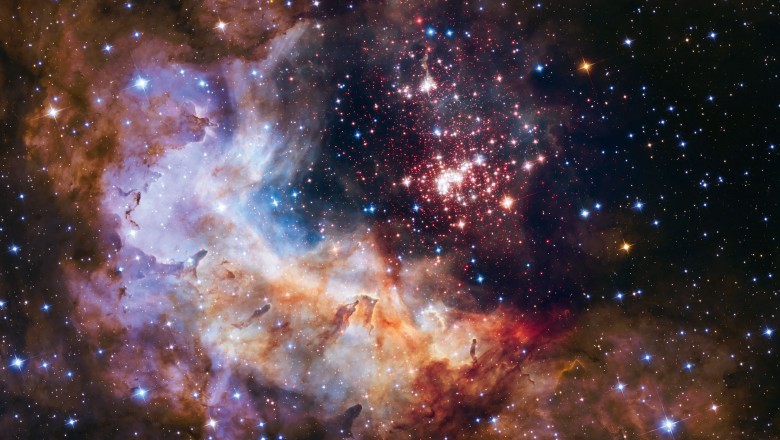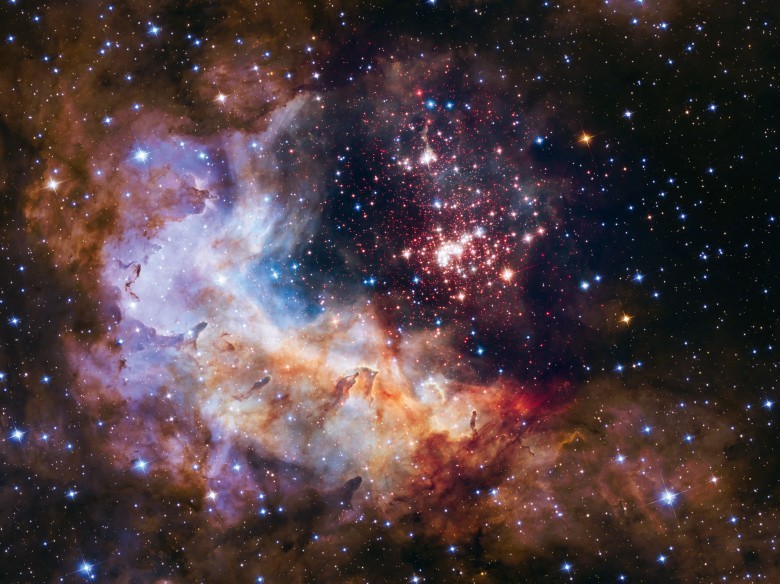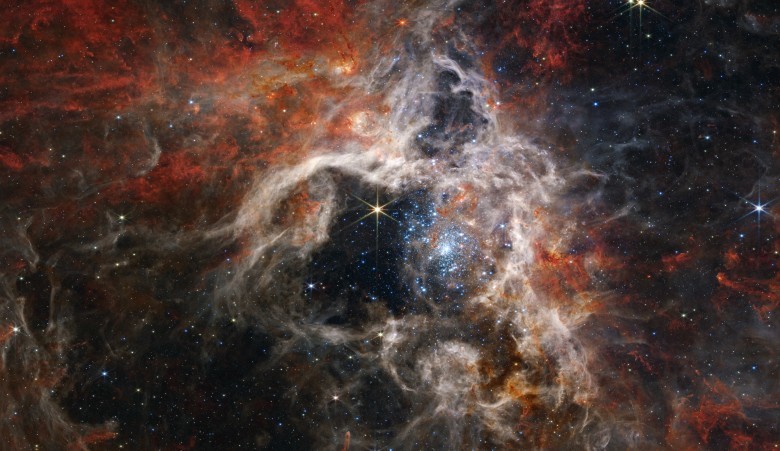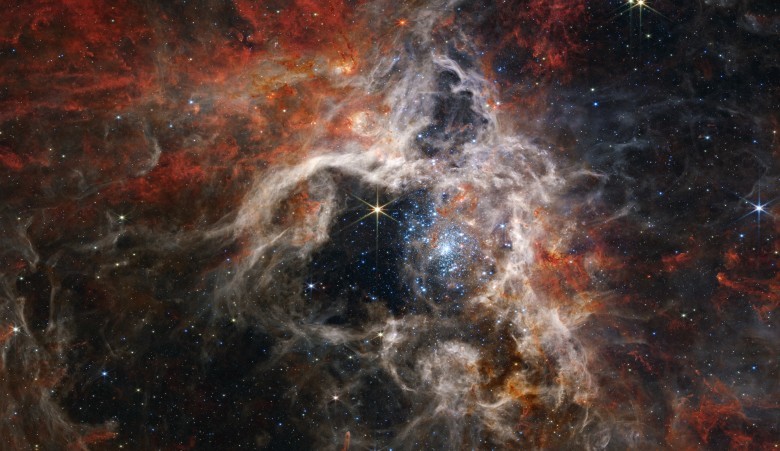
views
The Secrets of the Universe: Unveiling the Unknown

The universe is a vast, mysterious place filled with wonders that have captivated human imagination for centuries. From the smallest particles to the largest galaxies, there is so much we have yet to understand. Let's embark on a journey to uncover some of the universe's most intriguing secrets.
The Enigma of Dark Matter
One of the most perplexing mysteries in modern astrophysics is dark matter. Although it makes up about 27% of the universe, dark matter does not emit, absorb, or reflect light, making it invisible and detectable only through its gravitational effects. Scientists believe that understanding dark matter is crucial to comprehending the structure and evolution of the universe.
The Puzzle of Dark Energy

Dark energy is another enigmatic component of the universe, accounting for approximately 68% of its total energy density. It is responsible for the accelerated expansion of the universe, a discovery that earned the Nobel Prize in Physics in 2011. Despite its significant role, the nature of dark energy remains one of the biggest unsolved mysteries in cosmology.
The Search for Extraterrestrial Life
The question of whether we are alone in the universe has fascinated humans for generations. With advancements in technology, scientists are now more equipped than ever to search for signs of extraterrestrial life. Projects like SETI (Search for Extraterrestrial Intelligence) and missions to Mars and other celestial bodies aim to uncover evidence of life beyond Earth.
The Mysteries of Black Holes
Black holes are among the most fascinating and least understood objects in the universe. These regions of spacetime exhibit gravitational acceleration so strong that nothing—no particles or even electromagnetic radiation such as light—can escape from them. The study of black holes has led to groundbreaking discoveries in physics, including the detection of gravitational waves, which confirmed a major prediction of Albert Einstein's general theory of relativity.
The Origin of the Universe

The Big Bang theory is the prevailing cosmological model explaining the existence of the observable universe from the earliest known periods. According to this theory, the universe began as a hot, dense point nearly 13.8 billion years ago and has been expanding ever since. However, many questions remain about the conditions and events that led to the Big Bang and the subsequent evolution of the universe.
The Nature of Time
Time is a fundamental aspect of our existence, yet its true nature remains elusive. Physicists and philosophers have grappled with questions about the nature of time, its directionality, and its relationship with space. Theories such as relativity and quantum mechanics have provided insights, but a complete understanding of time continues to evade us.
The Multiverse Theory
The concept of a multiverse suggests that our universe may be just one of many universes that exist parallel to each other. This theory arises from various scientific hypotheses, including those in quantum mechanics and cosmology. While the idea of a multiverse is speculative, it offers intriguing possibilities for understanding the nature of reality.
The Fermi Paradox

The Fermi Paradox highlights the contradiction between the high estimates of the probability of the existence of extraterrestrial civilizations and the lack of evidence for, or contact with, such civilizations. Named after physicist Enrico Fermi, this paradox has sparked numerous debates and theories about the existence and detectability of intelligent life in the universe.
The Holographic Principle
The holographic principle is a property of string theories and a supposed property of quantum gravity that states that the description of a volume of space can be thought of as encoded on a boundary to that region—preferably a light-like boundary like a gravitational horizon. This principle suggests that our three-dimensional universe might be an illusion, and the real action is taking place on a two-dimensional surface.
The Future of Human Exploration
As we continue to unravel the secrets of the universe, the future of human exploration holds immense promise. Advances in space travel, telescopes, and other technologies are opening new frontiers for discovery. From missions to distant planets to the search for habitable exoplanets, the quest to understand the universe is an ongoing adventure that inspires and unites us all.
In conclusion, the universe is a treasure trove of mysteries waiting to be uncovered. Each discovery brings us closer to understanding our place in the cosmos and the fundamental laws that govern it. As we continue to explore and question, we unveil the unknown and expand the boundaries of human knowledge.




















Comments
0 comment